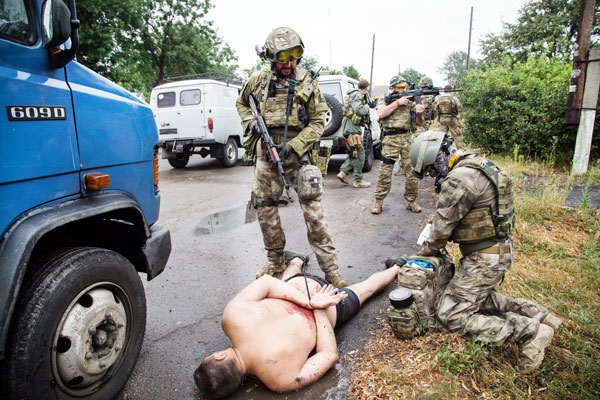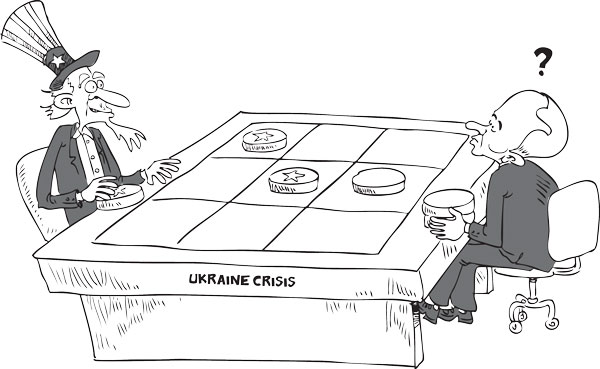Reply To:
Name - Reply Comment
Last Updated : 2024-04-16 18:03:00
.jpg) e heartland of pro-Moscow rebels, it is becoming clear that Russia is making a rapid retreat from its hardline position and unlikely to intervene to prop up the ailing rebellion.
e heartland of pro-Moscow rebels, it is becoming clear that Russia is making a rapid retreat from its hardline position and unlikely to intervene to prop up the ailing rebellion.


Add comment
Comments will be edited (grammar, spelling and slang) and authorized at the discretion of Daily Mirror online. The website also has the right not to publish selected comments.
Reply To:
Name - Reply Comment
On March 26, a couple arriving from Thailand was arrested with 88 live animal
According to villagers from Naula-Moragolla out of 105 families 80 can afford
Is the situation in Sri Lanka so grim that locals harbour hope that they coul
A recent post on social media revealed that three purple-faced langurs near t
09 Apr 2024 - 1 - 1173

10 Apr 2024
09 Apr 2024